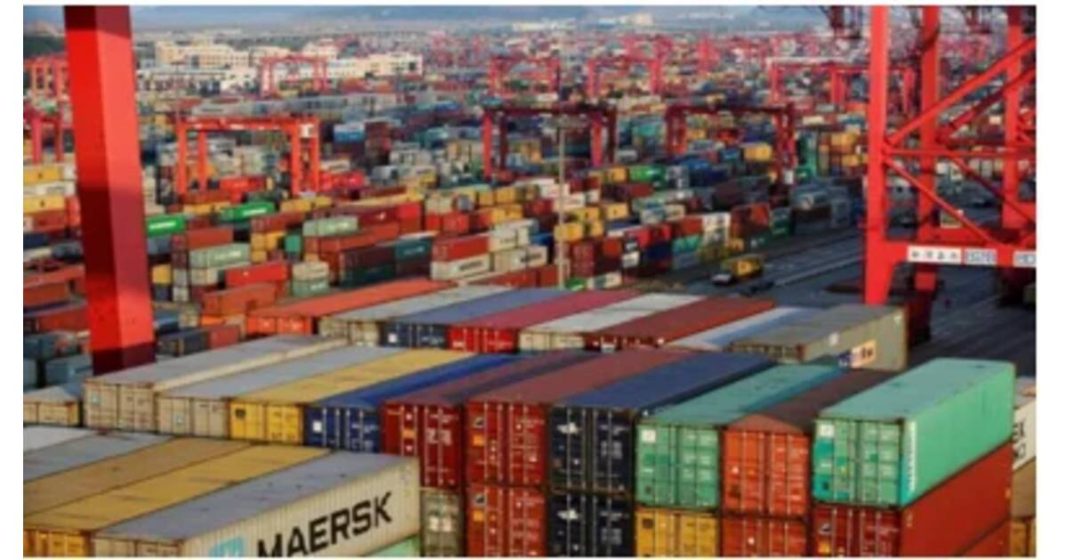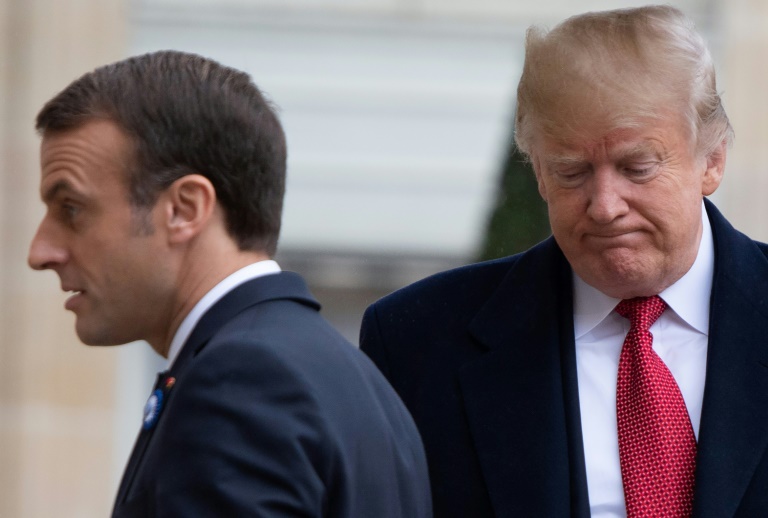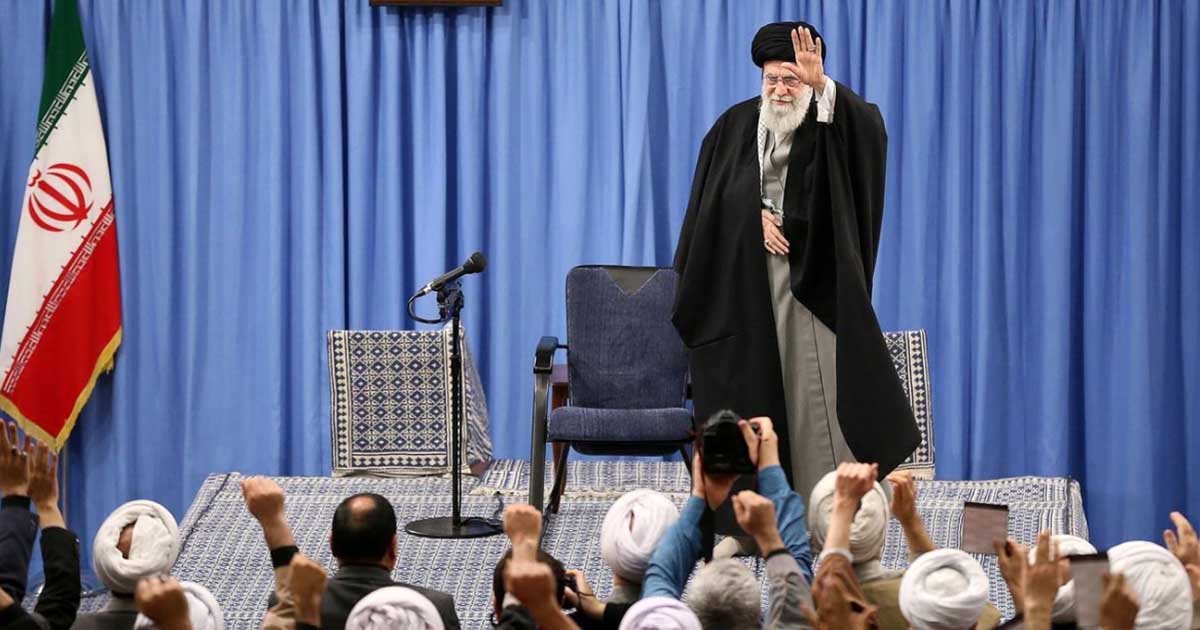Pakistan has reviewed its barter trade mechanism with Iran, Russia, and Afghanistan to make cross-border trade easier and more flexible for businesses, addressing long-standing complaints from traders and investors.
The Ministry of Commerce issued a notification easing several tough restrictions under the business-to-business barter trade framework. The new policy will allow simultaneous imports and exports, instead of requiring exports before imports, which is a move aimed at boosting trade volume and reducing procedural delays.
Private companies may now form consortia to conduct barter transactions, while the completion window has been extended from 90 to 120 days. The ministry has also abolished the fixed list of tradable items, aligning the framework with Pakistan’s general export and import policies. Pakistan’s ambassador to Iran, Mohammad Mudassir Tipu, has appreciated the reforms and has labelled them a major step towards expanding Pakistan-Iran trade.
The trade mechanism was first launched in June 2023 to promote trade with countries where financial transactions were hindered by sanctions and dollar shortages. However, it faced major operational hurdles, including a narrow list of allowed goods, difficult verification requirements, and strict time limits that made cross-border deals unfeasible for several businesses.
With consultations from the State Bank of Pakistan, Federal Board of Revenue, Ministry of Foreign Affairs, and the Pakistan Single Window, the government has prepared an amended draft that will be approved by the Economic Coordination Committee earlier this month.
These new efforts are expected to revive trust in trade with Iran and Russia, especially in sectors such as energy, agricultural minerals, and industrial raw materials. Pakistan has heavily relied on dollar-denominated trade, which has left it vulnerable to a foreign exchange crisis, bringing its current account under pressure and its reserves limited. However, policymakers are seeking alternative channels to secure essential imports such as oil, wheat, fertilizer, and industry raw materials.
Read more: Afghanistan Accuses Pakistan of Killing Local Cricketers in Airstrike
Border trade allows countries to exchange goods and services directly, bypassing traditional banking systems. For Pakistan, this is particularly relevant with Iran and Russia, both of which are facing Western sanctions that restrict dollar transactions. The business community in Pakistan has welcomed the move, calling it a lifeline for the industries that rely on imported goods.
The economists note, however, that the border trade has its own challenges as well, including pricing disputes, settlement delays, and limited scalability. The government is also working to address these issues on a digital digest system to track transactions and reduce disputes between the parties.
The timing is crucial as Pakistan is seeking to stabilize its economy, cut its imports, and diversify trade routes. Regional trade corridors have become increasingly important in the current geopolitical climate, where global supply chains are shifting. Officials say the framework could boost Pakistan’s annual border trade volume to over $2 billion within the next year. If implemented swiftly, it may provide much-needed support to the economy and strengthen ties with the neighboring countries.
With Additional Inputs from GVS South Asia Desk














